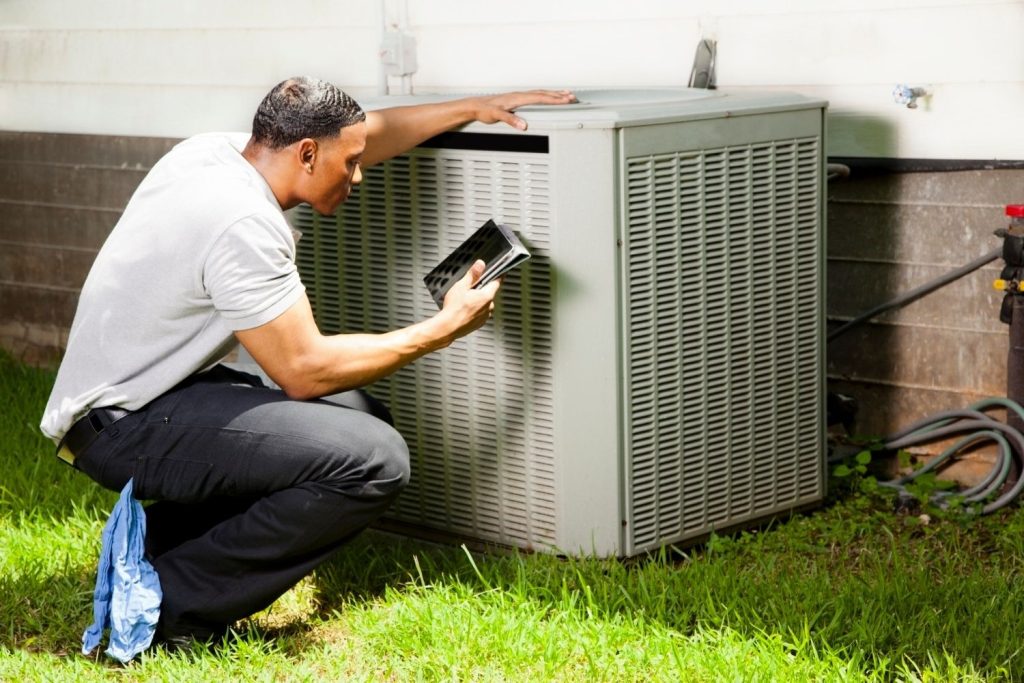When it comes to choosing an HVAC system for your home in Santa Rosa, you’ve got two popular options: gas and electric. Gas HVAC systems typically use natural gas or propane to generate heat, while electric systems rely on electricity. Now, gas systems are known for their energy efficiency and cost-effectiveness, especially if you already have access to natural gas. They can provide reliable warmth even during colder temperatures. On the other hand, electric systems are generally easier to install, require less maintenance, and have lower upfront costs. They’re also considered more environmentally friendly since they don’t produce combustion byproducts. So, whether you prioritize efficiency or simplicity, both gas and electric HVAC systems have their own merits. It ultimately comes down to your preferences, budget, and the specific needs of your home.
Discover the pros and cons of gas and electric HVAC systems for your home in Santa Rosa with the expert guidance of Concept Design Develop INC, the leading company in the industry.
Gas and Electric HVAC Systems for Homes in Santa Rosa:
Comparing Gas and Electric HVAC Systems for Homes in Santa Rosa
Efficiency and Cost-Effectiveness
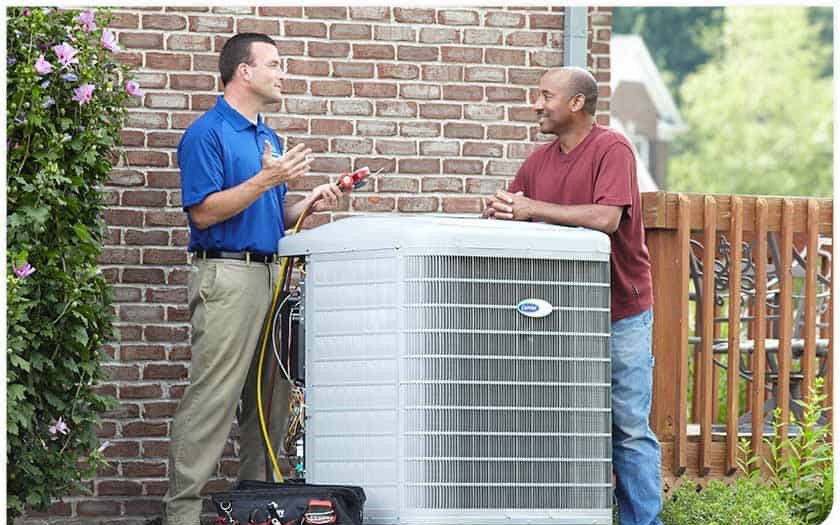
Gas Systems: Energy efficiency and cost savings
Gas HVAC systems are known for their energy efficiency, making them a cost-effective choice for homeowners in Santa Rosa. Natural gas or propane, used as fuel, can provide a high heat output, ensuring effective heating during colder months. Gas systems often have higher Annual Fuel Utilization Efficiency (AFUE) ratings, indicating their ability to convert fuel into heat efficiently. This efficiency can lead to lower energy bills and long-term savings.
Electric Systems: Lower upfront costs and ease of installation
Electric HVAC systems offer advantages in terms of upfront costs and installation convenience. Compared to gas systems, electric systems typically have a lower initial cost, making them a more budget-friendly option for homeowners. Additionally, their installation process is generally simpler, requiring fewer components and connections. Electric systems also don’t require fuel lines or exhaust vents, which can further simplify the installation process.
Heating Performance and Reliability
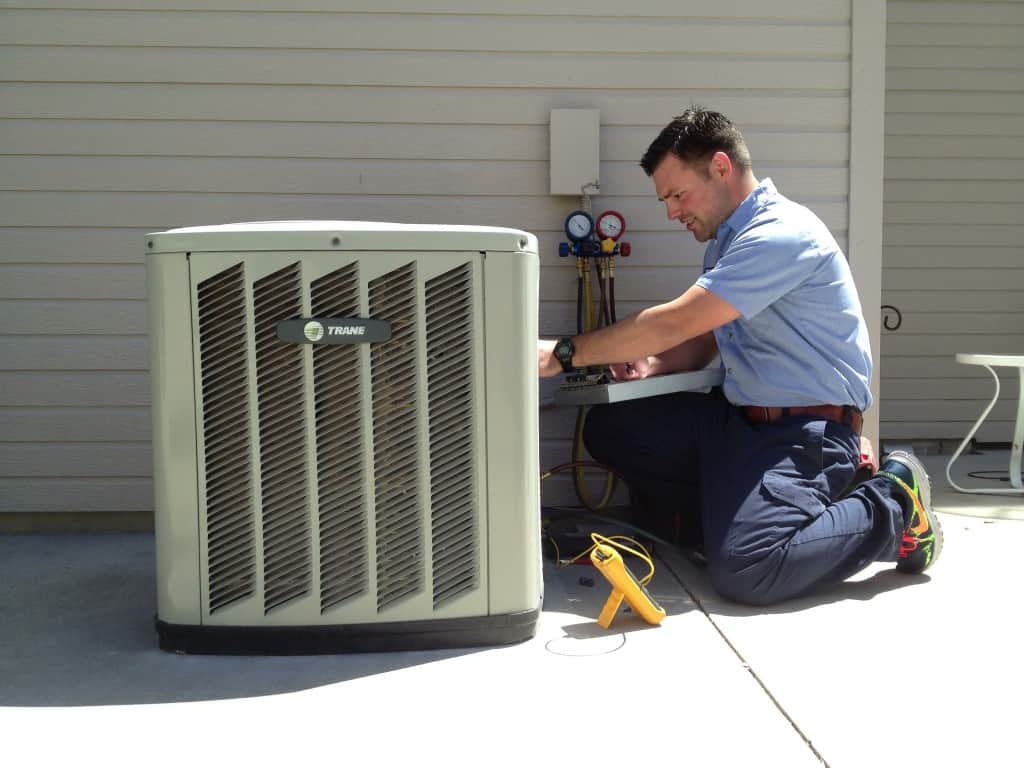
Gas Systems: Reliable warmth in colder temperatures
Gas HVAC systems excel in providing reliable warmth, especially during colder temperatures. They are designed to generate high heat output, allowing them to effectively warm up homes even in extreme cold conditions. Gas systems can quickly reach and maintain desired temperatures, ensuring a comfortable indoor environment throughout the winter season. Their ability to produce a consistent and ample amount of heat makes them a popular choice for homeowners in Santa Rosa who experience colder climates.
Electric Systems: Consistent heating performance
Electric HVAC systems offer consistent heating performance regardless of outdoor temperature. They provide a steady and reliable source of heat, maintaining a consistent temperature in your home. Electric systems distribute heat evenly, ensuring that every room receives the desired level of warmth. This uniform heating performance can contribute to a comfortable living environment. While electric systems may take a bit longer to reach the desired temperature compared to gas systems, they are known for their reliability in maintaining a consistent level of heat.
Environmental Considerations

Gas Systems: Combustion byproducts and environmental impact
Gas HVAC systems produce combustion byproducts, including carbon dioxide (CO2), carbon monoxide (CO), and nitrogen oxides (NOx). These byproducts contribute to air pollution and greenhouse gas emissions, which can have a negative impact on the environment and human health. However, modern gas systems are designed with advanced technology to minimize emissions and maximize efficiency, reducing their environmental footprint. It’s important to ensure proper maintenance and regular inspections of gas systems to ensure safe and efficient operation.
Electric Systems: Environmentally friendly operation
Electric HVAC systems are considered more environmentally friendly compared to gas systems. They do not produce direct emissions during operation, contributing to better air quality and a reduced carbon footprint. However, it’s important to consider the source of electricity. If your local electricity grid relies heavily on fossil fuel power plants, the indirect emissions associated with electricity generation may still be a factor. Transitioning to renewable energy sources, such as solar or wind power, can further enhance the environmental benefits of electric systems.
Maintenance and Upkeep
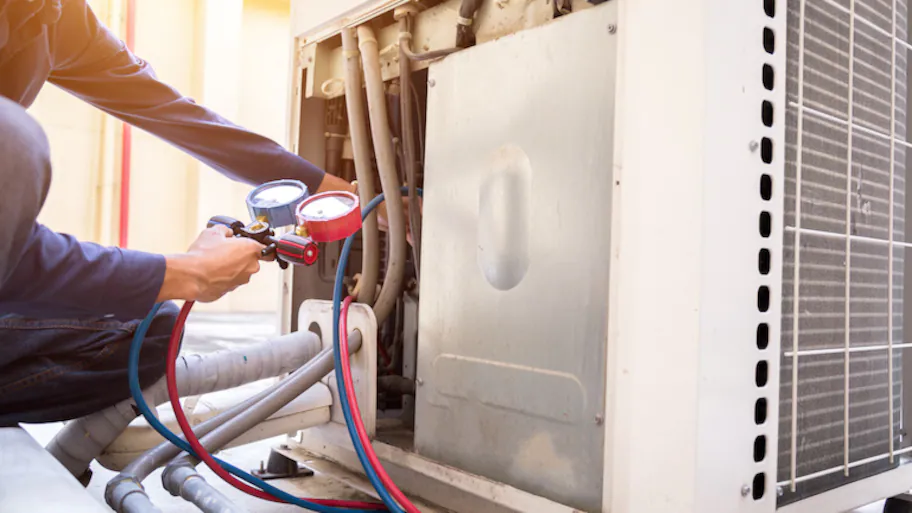
Gas Systems: Regular maintenance requirements
Gas HVAC systems typically require regular maintenance to ensure safe and efficient operation. This includes annual inspections, cleaning of burners and heat exchangers, and checking for gas leaks. Additionally, gas systems may need periodic venting and flue cleaning to remove any blockages or debris. It’s crucial to schedule professional maintenance to detect and address potential issues promptly, ensuring the system operates optimally and minimizing the risk of carbon monoxide leaks.
Electric Systems: Reduced maintenance needs
Electric HVAC systems generally have reduced maintenance requirements compared to gas systems. They do not have combustion components, eliminating the need for regular inspections and cleaning associated with gas systems. Electric systems typically require routine filter changes to ensure proper airflow and occasional inspections of electrical connections. Overall, the maintenance for electric systems is simpler and less frequent, making them a convenient choice for homeowners seeking low-maintenance HVAC solutions.
Budget and Financial Factors

Gas Systems: Long-term savings and fuel availability
Gas HVAC systems can offer long-term savings due to their energy efficiency and lower fuel costs compared to electricity. Natural gas prices have historically been lower than electricity rates, resulting in potential cost savings for homeowners. However, it’s important to consider the availability and accessibility of natural gas in your area. If natural gas infrastructure is limited or not readily available, the installation costs of gas lines might outweigh the long-term savings.
Electric Systems: Initial cost savings and utility rates
Electric HVAC systems generally have lower upfront costs compared to gas systems. The installation process is often simpler and requires fewer components, resulting in initial cost savings. Additionally, utility rates for electricity may be more stable and predictable compared to fluctuating gas prices. However, it’s essential to research and compare electricity rates in your area to ensure that the long-term energy costs align with your budget and financial considerations.
Ultimately, it’s important to assess both the initial costs and long-term savings associated with gas and electric systems, considering factors such as fuel availability, utility rates, and your specific budgetary requirements.
Choosing the Right System for Your Home
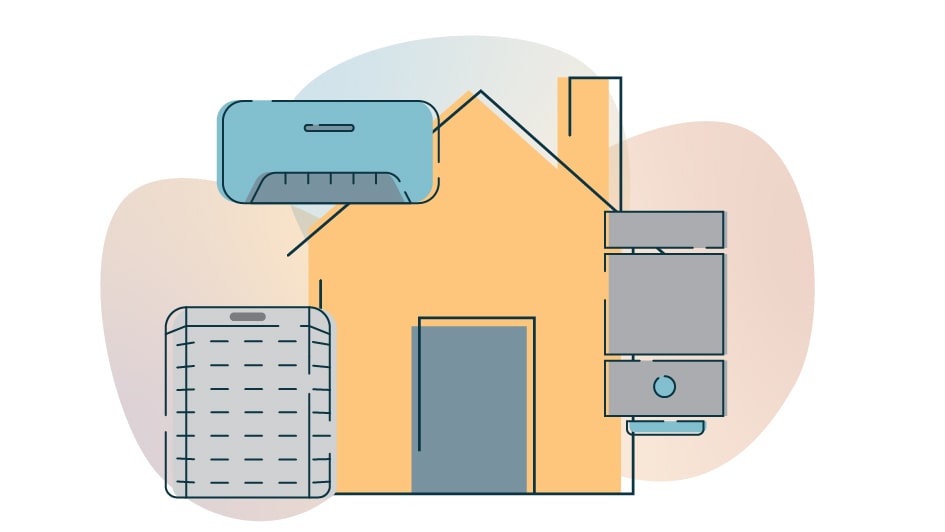
Choosing the right HVAC system for your home in Santa Rosa requires a careful evaluation of your priorities, budget, and specific needs. Consider the following factors:
Climate and Heating Requirements: Assess the typical weather conditions in your area, especially during the colder months. Determine the heating capacity and efficiency needed to maintain a comfortable indoor environment.
Energy Efficiency: Evaluate the long-term energy costs associated with each system. Compare the AFUE ratings for gas systems and the energy efficiency ratings for electric systems to gauge their efficiency levels and potential savings.
Budget: Consider your initial budget and long-term financial goals. Determine the upfront costs, installation expenses, and ongoing maintenance expenses for both gas and electric systems. Evaluate which option aligns with your financial capabilities.
Fuel Availability: Check the availability and accessibility of natural gas in your area. If natural gas is limited or unavailable, it might impact the feasibility and cost-effectiveness of installing a gas HVAC system.
Environmental Impact: Assess your environmental concerns and goals. If reducing emissions and promoting sustainability are important to you, electric systems might be a more environmentally friendly choice due to their lower carbon footprint.
Consult with HVAC Professionals: Seek advice from qualified HVAC professionals who can assess your home’s specific requirements and provide personalized recommendations. They can evaluate factors like your home’s size, layout, insulation, and existing infrastructure to help you make an informed decision.
By considering these factors and consulting with HVAC professionals, you can make a well-informed decision and choose the HVAC system that best suits your home, budget, and environmental considerations in Santa Rosa. Make an informed decision in selecting the right HVAC system for your home with the expertise of Concept Design Develop INC, the trusted industry leader in HVAC services.
FAQS
Is it cheaper to heat a room with gas or electric?
In general, it is often cheaper to heat a room with gas compared to electric, as gas is typically more cost-effective and has higher energy efficiency for heating purposes.
What is the difference between gas and electric HVAC?
The main difference between gas and electric HVAC systems is the source of energy they use for heating. Gas systems use natural gas or propane, while electric systems rely on electricity for heating.
What is a gas HVAC system?
A gas HVAC system is a heating, ventilation, and air conditioning system that utilizes natural gas or propane as the fuel source for generating heat and providing warmth in residential or commercial buildings.
What gases are used in HVAC?
The most common gases used in HVAC systems are natural gas and propane. Natural gas is a fossil fuel composed primarily of methane, while propane is a liquefied petroleum gas.
Conclusion
In conclusion, choosing between a gas and electric HVAC system for your home in Santa Rosa requires a thoughtful evaluation of various factors. Gas systems offer energy efficiency and cost savings in the long run, providing reliable warmth in colder temperatures. However, they come with regular maintenance requirements and potential environmental impact. On the other hand, electric systems offer lower upfront costs, ease of installation, and reduced maintenance needs. They provide consistent heating performance and are considered more environmentally friendly. However, their long-term energy costs and reliance on the local electricity grid should be considered.
To make an informed decision, assess your priorities, budget, and specific needs. Consider the climate and heating requirements of your area, evaluate the energy efficiency and long-term savings of each system, and determine the availability and cost of fuel. Consult with HVAC professionals who can provide personalized advice based on your home’s characteristics. By carefully considering these factors and seeking expert guidance, you can select the HVAC system that best meets your requirements, balancing efficiency, cost-effectiveness, reliability, and environmental impact for your home in Santa Rosa.

